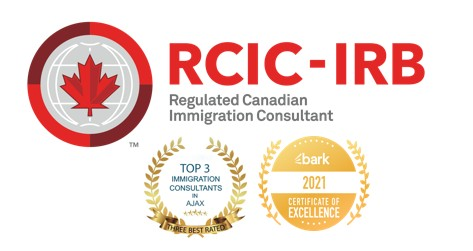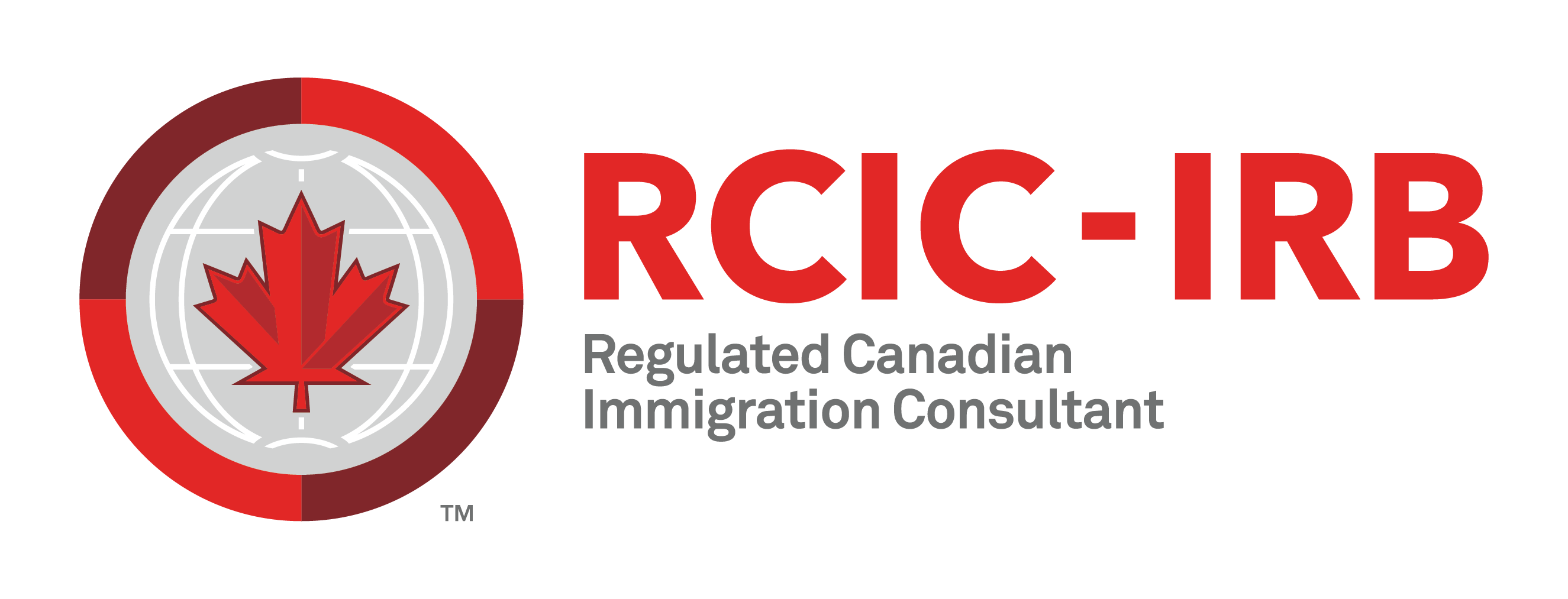Canada must adapt quickly to attract skilled workers, immigration minister says
· CBC News ·
Immigration Minister Ahmed Hussen says Canada must be quick to adapt and innovate in order to remain a global leader in attracting skilled workers.
Hussen is welcoming a new report from the Organization for Economic Co-operation and Development (OECD) which praised Canada’s economic immigration system as one of the most successful in the world. It said Canada is widely seen as a “benchmark” for other countries.
Hussen said while there are a lot of areas where Canada is getting things right, more can be done to respond to existing and future challenges.
“There are no sacred cows when it comes to immigration,” he told CBC News in an interview. “Having a smart immigration policy means you should always be open to learning from others and to constantly improve the system.”
With some polls showing a majority of Canadians want to limit the number of immigrants accepted annually, Hussen said most Canadians support bringing in skilled workers to fill labour gaps and boost the economy.
“Make no mistake about it. I think we need to do more to counter a lot of the misinformation and fear-mongering that we’re being bombarded with from outside of Canada,” he said, referring to a CBC investigation that found foreign Twitter troll accounts targeted Canadians to sow divisions over immigration.
On the eve of an election where immigration issues are expected to be up for debate, including the government’s handling of border-crossing asylum seekers, the OECD report finds that when it comes to recruiting skilled labour, Canada is doing things right. It points to smooth integration and high public acceptance of migrants as signs of success.
It also says Canada has a strong appeal to potential skilled workers from around the world.
“Core to this success is not only the elaborate selection system itself, but also the entire infrastructure it is based on, which ensures constant monitoring and adaptation of its parameters.”
The report was officially released in Toronto on Tuesday with an event featuring Hussen and its author, Thomas Liebig, a senior migration specialist with OECD.
Liebig said the report’s assessment is “very favourable” of Canada. It’s the tenth country the OECD has studied as part of a series of reports into the labour migration systems of member countries.
Liebig said Canada has the largest, longest-standing and most comprehensive skilled labour migration system in the OECD, and noted Canadians’ openness to migration is higher than other countries.
“This high acceptance is certainly linked with the perception that migration is both well managed and beneficial to Canada,” he told CBC News in an email. “Not only is the selection system highly elaborate, but also many other factors support it which make for a well-managed system from which other countries can learn a lot.”
Conservative immigration critic Michelle Rempel said the OECD praise for Canada’s system is the result of the previous Conservative government’s reforms.
“The OECD’s recognition of innovative reforms by the previous Conservative government, especially our introduction of the express entry system, is an example of how Canada’s immigration system can function in a positive, fair, and orderly manner,” she said.
Canada a ‘role model’
During the Toronto event, Liebig said Canada serves as a “role model” for other countries.
Hussen outlined a number of program tweaks and initiatives the Liberals have brought in since taking office in 2015, including the Global Skills Strategy, which has brought to Canada more than 40,000 of the world’s most highly skilled individuals since it launched in June 2017.
Hussen noted 80 per cent of Canada’s population growth is due to immigration. In 1971, there were seven workers for every retiree, while projections now forecast only two workers for every retiree by 2035.
“Due to our aging population, we have to ensure that we continue to be ambitious in our immigration system,” he said.
Some of the programs lauded in the report, including the express entry initiative that fast-tracks permanent residency for highly skilled workers, were brought in by the previous Conservative government.





Would you like to share your thoughts?
Your email address will not be published. Required fields are marked *